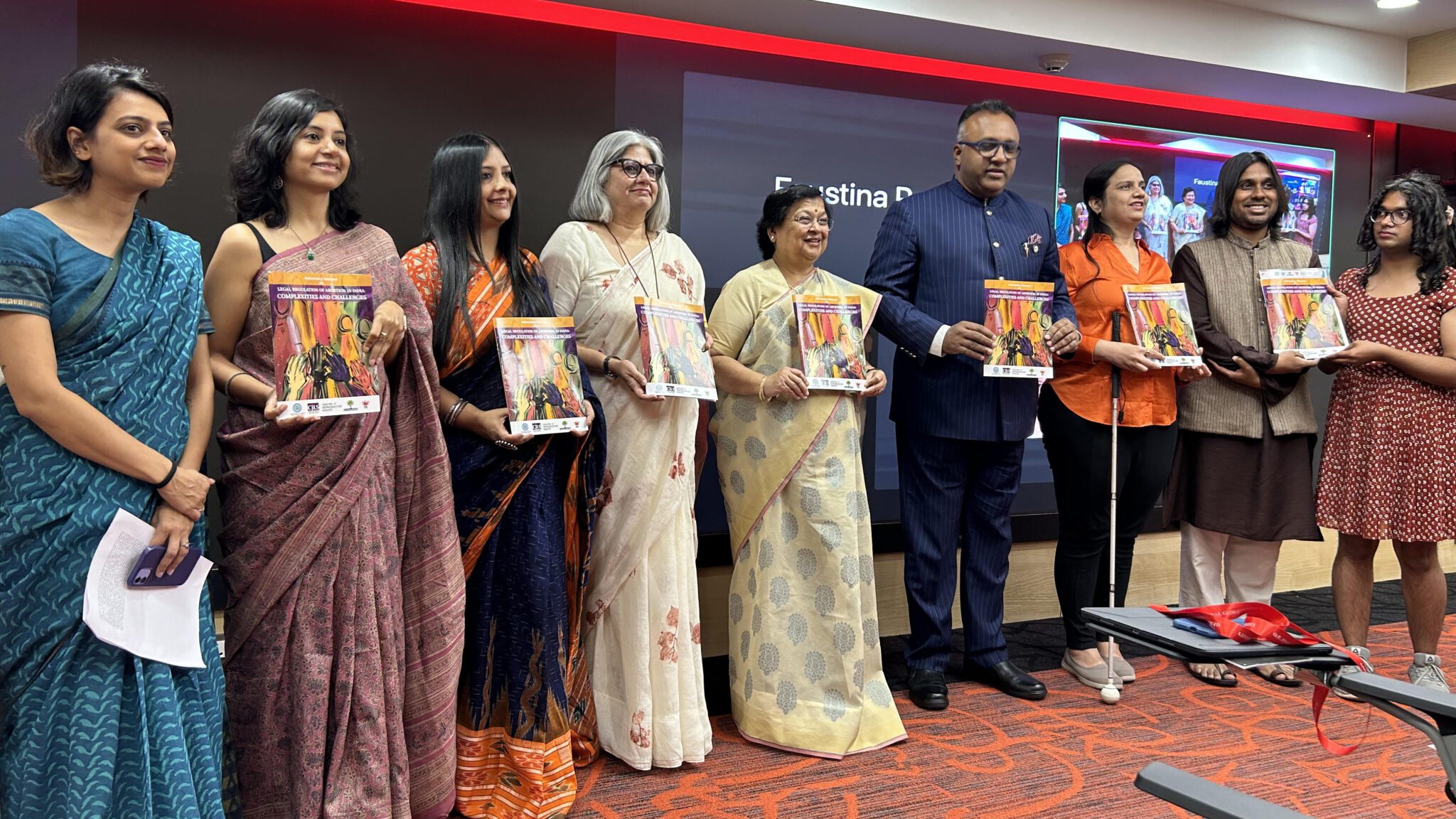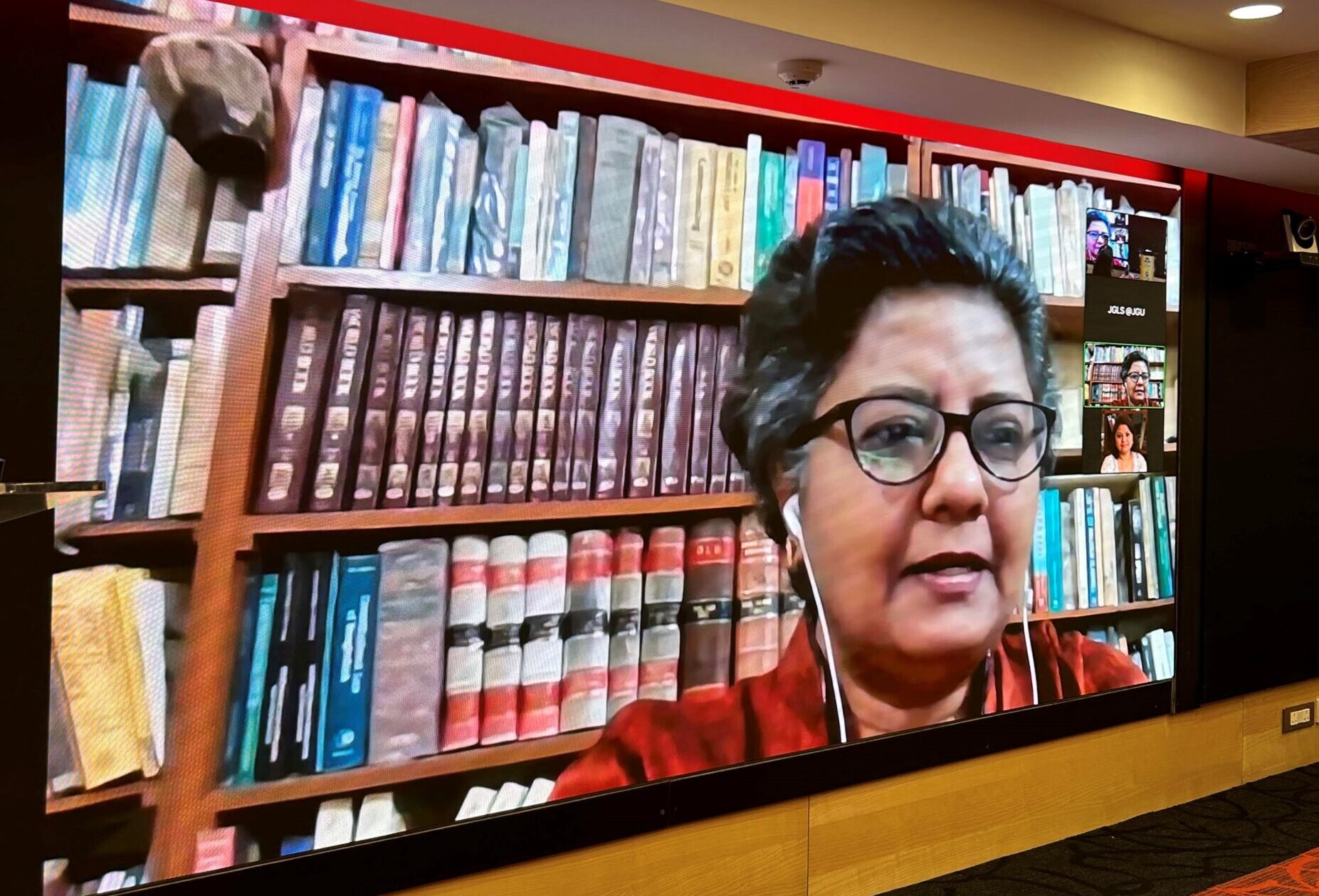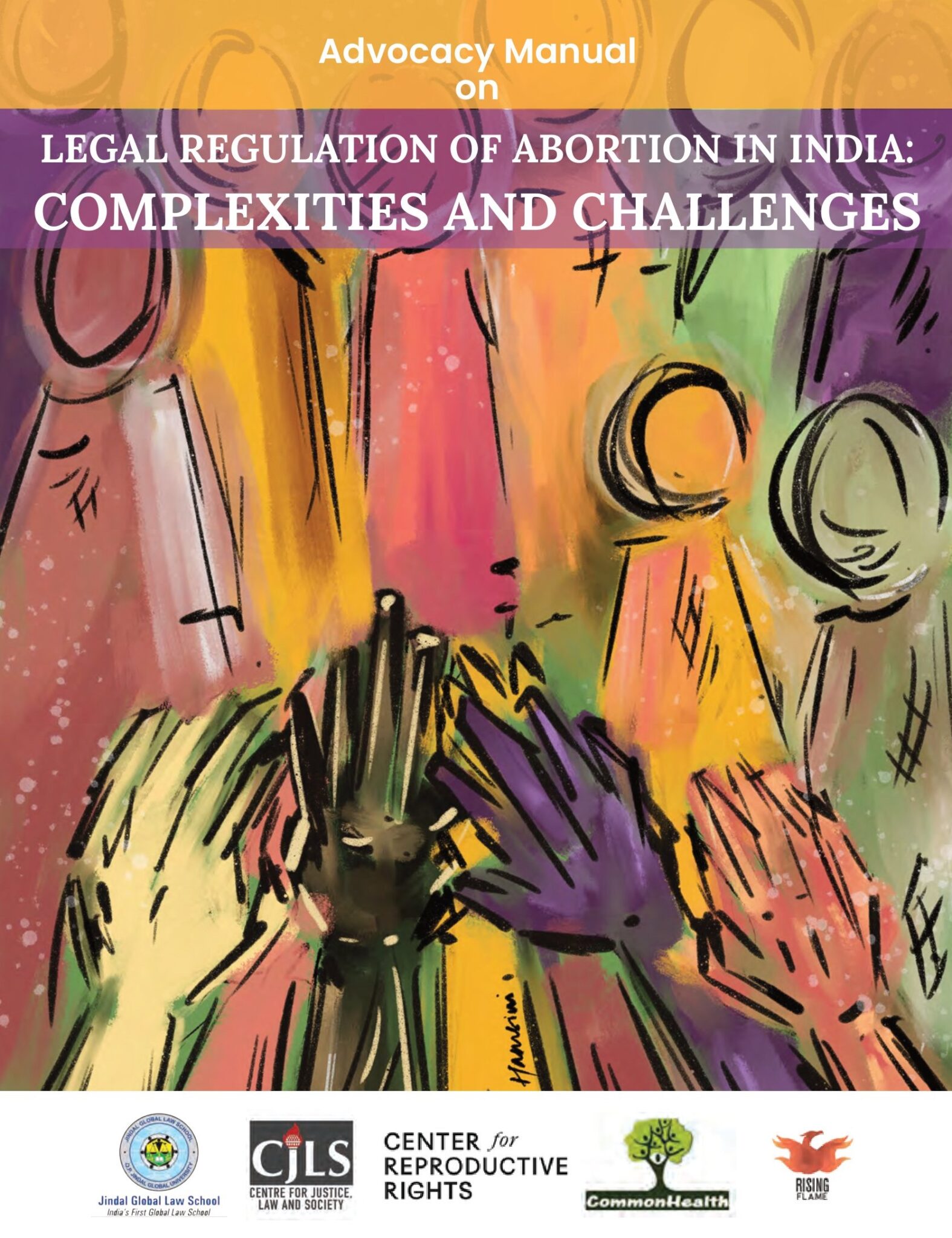Center and Partners Outline Ways to Increase Abortion Access in India
The group launches an advocacy manual addressing India's abortion laws, barriers to access, and reforms needed.

The Center for Reproductive Rights and its partners launched their new publication, Advocacy Manual on Legal Regulation of Abortion in India: Complexities and Challenges, at a recent event held in New Delhi.
The manual maps out India’s abortion laws, examines barriers to abortion access through an intersectional lens, and makes recommendations to improve access to care.
The launch event on May 12 featured several prominent speakers including Honourable Justice Gita Mittal, Former Chief Justice, High Court of Jammu and Kashmir; Former Acting Chief Justice, High Court of Delhi; and Chairperson, Broadcasting Content Complaints Council.
“In India, the focus has been on family planning and not reproductive justice. This needs to be worked upon with greater enthusiasm and energy,” said Justice Mittal. “A lot of work needs to be done through a rights-based approach, telemedicine [access], and task sharing. We must look at highlighting abortion as a health care issue, relieving it from criminality and related issues,” she added before unveiling the manual to the event participants.
Advocacy Manual Outlines Reforms Needed in Indian Law
The advocacy manual—created by the Center; the Reproductive Justice and the Law Clinic of the Centre for Justice, Law, and Society (CJLS) at Jindal Global Law School; Rising Flame India; and CommonHealth—is based on a unique year-long clinical course titled “Reproductive Justice and the Law.” The course was designed to address the gaps in law students’ awareness of SRHR issues.
After outlining India’s abortion laws, the international framework, and barriers to abortion access, the manual makes legal recommendations about India’s:
- Penal Code
- Medical Termination of Pregnancy Act
- Rights of Persons with Disabilities Act
- Protection of Children from Sexual Offences Act
“We see this manual’s value in the understanding of intersectional barriers preventing access to abortion in India. This manual is the first of many to initiate hands-on engagement,” added Faustina Pereira, the Center’s Senior Regional Director for Asia. “We hope young people and law students can be the new advocates of SRHR. We hope this manual becomes a blueprint for various other countries.”

Event Highlights: SRHR Experts
The event featured a panel of sexual and reproductive health and rights experts, who discussed unique barriers to reproductive health care access faced by underserved and marginalized communities.
In addition to remarks by Justice Mittal and Faustina Pereira, other speakers included:
- Nidhi Goyal, Founder and Executive Director, Rising Flame, who moderated the panel and spoke about reproductive justice issues from a disability justice perspective.
- Vrinda Grover, Advocate, Supreme Court of India, who spoke about various barriers that exist in accessing abortion under the Indian legal framework from an intersectional lens. She highlighted the interplay between various laws including that of POCSO Act for adolescents’ abortion access.
- Dhrubo Jyoti, Editor, Views, Hindustan Times, who highlighted the disproportionate barriers that exist for marginalized persons and communities in accessing abortion.
- Krishanu, Former SAFE Fellow, YP Foundation, who addressed the shortcomings of the legal framework that fails to consider the experiences of the LGBTQI+ community.
The Center’s Asia team works to engage audiences to improve awareness and expertise of sexual and reproductive rights issues and to enhance the realization of those rights in the region.



